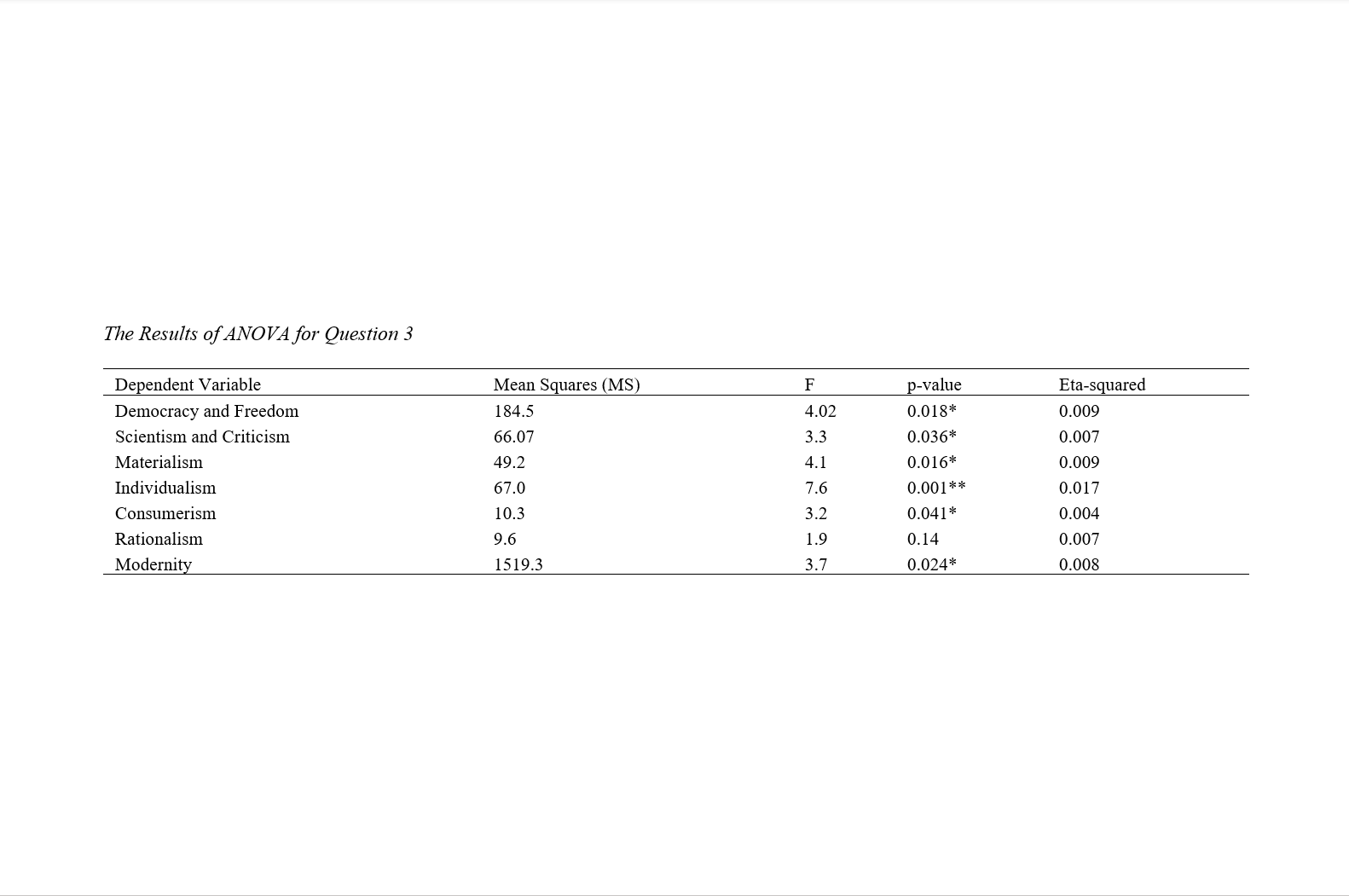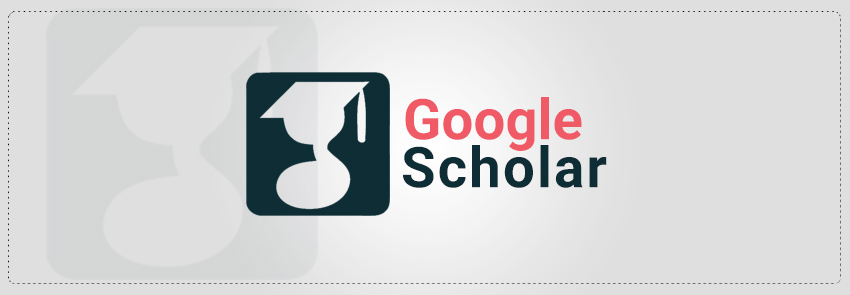The Role of Neo-Personality Traits in Predicting Modernity Orientation and Examining the Agency of Gender and Marital Status on Modernity Orientation in Students
Keywords:
Modernity, Personality Traits, Gender, Marital Status, StudentsAbstract
Life, as a process, is a function of the dynamic and complex interplay of social factors such as "modernity." Modernity refers to a new era that, while distinguishing human experiences and values from the past, is also influenced by human agency, including personality traits. The aim of this study was to predict modernity orientation based on Neo-personality traits in students. The research design, based on its objective, was a correlational study using multiple linear regression and MANOVA. The statistical population consisted of students enrolled at Payame Noor University in the Tehran Province during the 2021-2022 academic year. A total of 895 students from Payame Noor University in Tehran were selected using a multistage cluster random sampling method. To collect data, a 43-item researcher-made modernity orientation questionnaire (Pashm Feroz, 2023) and the short-form NEO Personality Inventory (Costa & McCrae, 1989) were used. The results of the multiple linear regression analysis showed that extraversion (β = 0.14, p < 0.001), openness to new experiences (β = 0.197, p < 0.001), and agreeableness (β = 0.076, p = 0.035) significantly predicted modernity orientation. A significant difference in modernity orientation between women and men was found at the 0.05 level (p < 0.05), with women showing a stronger orientation toward modernity. Furthermore, the results revealed that single individuals had a greater orientation toward modernity compared to married and divorced individuals at the 0.05 level (p < 0.05).
Downloads

Downloads
Additional Files
Published
Submitted
Revised
Accepted
License
Copyright (c) 2024 Maryam Pashm Foroush (Author); Abolfazl Karami (Corresponding Author); Shahab Moradi, Mastooreh Sedaghat (Author)

This work is licensed under a Creative Commons Attribution-NonCommercial 4.0 International License.







